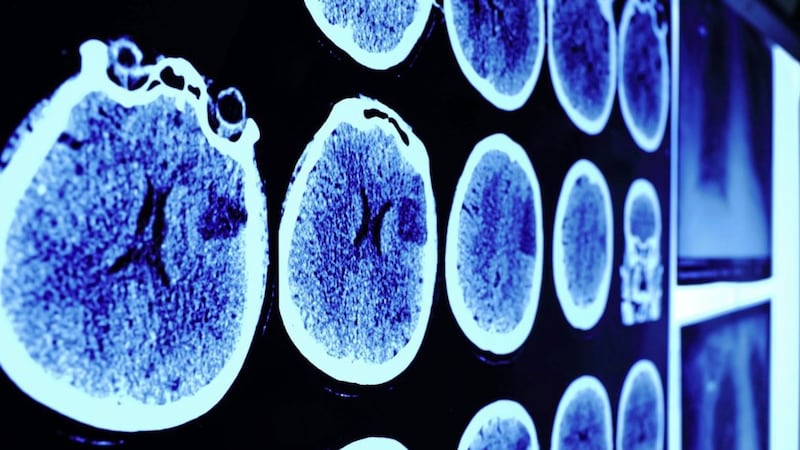PATIENTS who experience confusion after joint replacement surgery may actually be in the early stages of Alzheimer's disease, researchers have found.
A joint study between Queen's University Belfast, the Belfast Health and Social Care Trust and University College London has identified a toxic form of the amyloid protein - known to be involved in Alzheimer's disease - present in patients showing signs of delirium after surgery.
The scientists say the results suggest that delirium during recovery from surgery could be due to underlying, early stage of the dementia.
People who develop delirium following surgery are believed to be more likely to develop dementia in the future and it had previously been suggested that surgery was a trigger for the disease.
Sudden confusion known as delirium is seen in approximately one in six people after planned hip and knee replacement surgery.
In the initial stages of Alzheimer's disease, the level of the protein in the cerebrospinal fluid (located in the spinal cord and brain) falls as the protein moves into the brain where it accumulates as plaques.
Changes to the fluid happen a decade or more before the onset of any symptoms of the disease.
The followed 282 patients aged 65 years and over without a prior diagnosis of dementia, admitted to hospital for planned hip and knee replacement surgery, taking samples of the fluid and analysing it.
After surgery patients were tested for delirium every day before they were discharged from hospital.
The researchers found patients who had low levels of the protein were more likely to develop delirium after their operations than patients who had normal patterns.
Because not all patients in the study with low levels of the protein became delirious, and some patients with `normal' levels did show signs of confusion, it is likely to be a `risk factor' for and `possible predictor' of post-surgical delirium, "rather than an absolute cause", according to Dr Emma Cunningham, of Queen’s.








